How Medical Marijuana Can Aid in Decreased Anxiety
In recent years, the conversation around medical marijuana has shifted significantly, with more Americans becoming increasingly aware of its potential therapeutic benefits. One area that has attracted growing interest is its role in managing anxiety. As we dive into the possible benefits of medical marijuana, it's crucial to understand its impact based on both anecdotal evidence and emerging scientific studies.
Understanding the Potential
According to Drexel University, anxiety disorders are the most common mental health conditions in the U.S. and affect 31% of the population; however, they're often under-diagnosed due to stigma. Medical marijuana has been cited in numerous studies as an effective tool for managing such anxiety disorders, primarily due to its components, such as CBD (cannabidiol). CBD is believed to interact with receptors in the brain to regulate mood and reduce anxiety levels. Some users report a sense of calm and improved mood, which can be invaluable for those suffering from anxiety disorders. While more research is needed to fully understand how medical marijuana affects anxiety, its potential is undeniable.
An Overview
Cannabis can decrease anxiety through its interaction with the body’s endocannabinoid system (ECS), a network of receptors and neurotransmitters that helps regulate mood, stress, and other bodily functions. Cannabinoids found in cannabis, primarily cannabidiol (CBD) and tetrahydrocannabinol (THC), play a key role in this process:
- CBD’s Calming Effect: CBD binds to serotonin receptors in the brain, which are linked to mood regulation. This interaction can create a sense of calm and reduce feelings of anxiety without inducing psychoactive effects.
- THC’s Dual Effect: THC can produce relaxation by activating CB1 receptors in the ECS, promoting a euphoric feeling that may alleviate stress. However, excessive THC may increase anxiety in some individuals, making dosage critical.
- Stress Hormone Reduction: Cannabis may reduce cortisol levels, the hormone associated with stress. Lower cortisol can help the body and mind feel less overwhelmed.
- Neurotransmitter Regulation: Cannabinoids can modulate the release of neurotransmitters, stabilizing overactive brain activity linked to anxiety.
Factors such as strain, THC-to-CBD ratio, and individual tolerance influence its effects. Consulting a healthcare provider is recommended to explore safe and effective use.
A Natural Approach
It's also worth considering how the use of medical marijuana displaces more addictive and less effective treatments. Traditionally, anxiety has been managed with a variety of medications, many of which carry the risk of dependency and significant side effects. Medical cannabis, when used appropriately, offers a potentially safer and more natural approach. Populations that have high levels of stress and anxiety could greatly benefit from this alternative, potentially reducing healthcare costs and improving overall well-being.
While there is still much to learn about the full spectrum of benefits medical marijuana has to offer, current research and personal testimonials present a compelling case for its use in managing anxiety. As more studies are conducted, it's likely that medical marijuana will continue to be recognized as a valuable tool in the fight against anxiety, offering a path towards more natural and holistic well-being. Learn more about the benefits of medical marijuana by contacting our team at Relief Clinic LLC today.

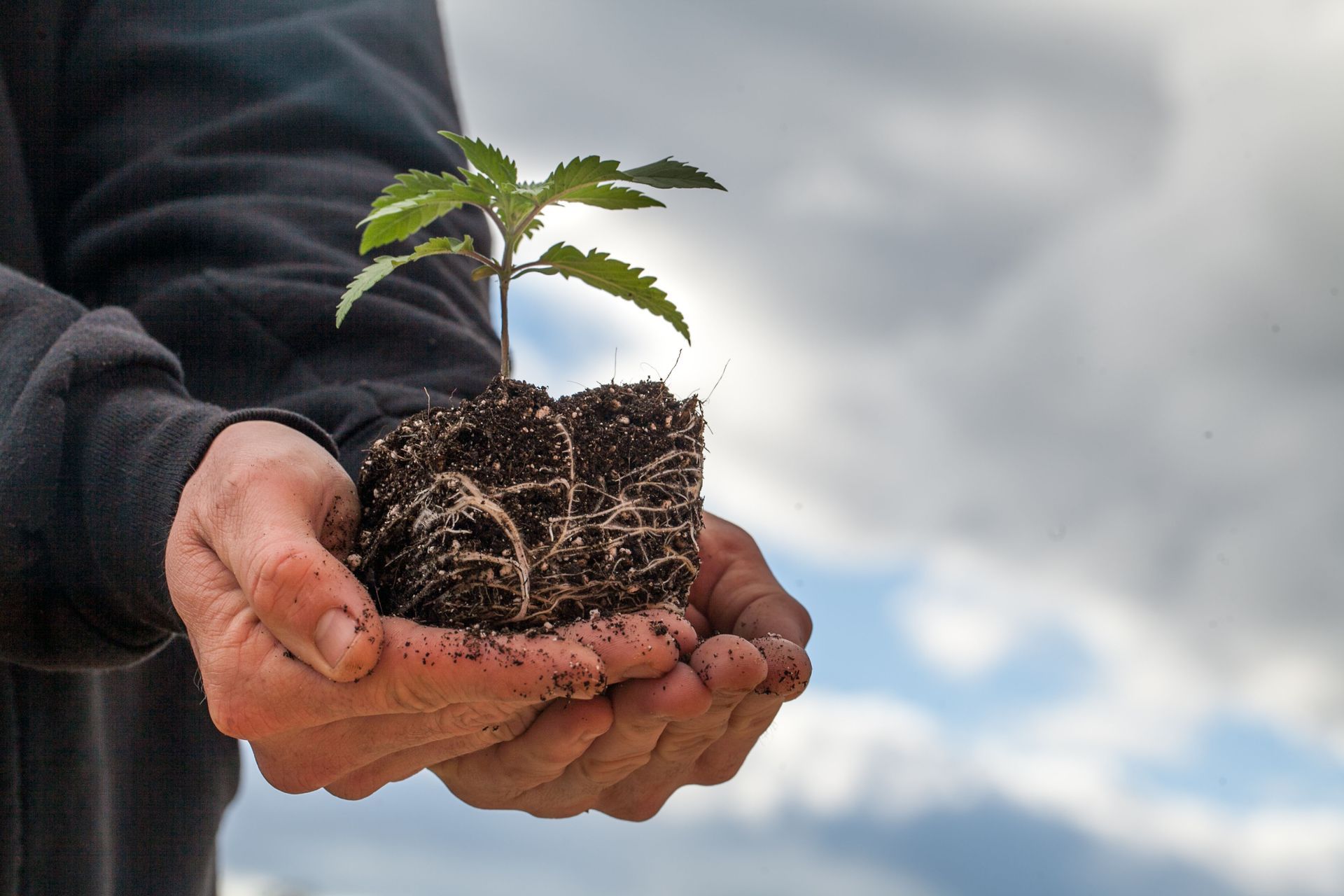
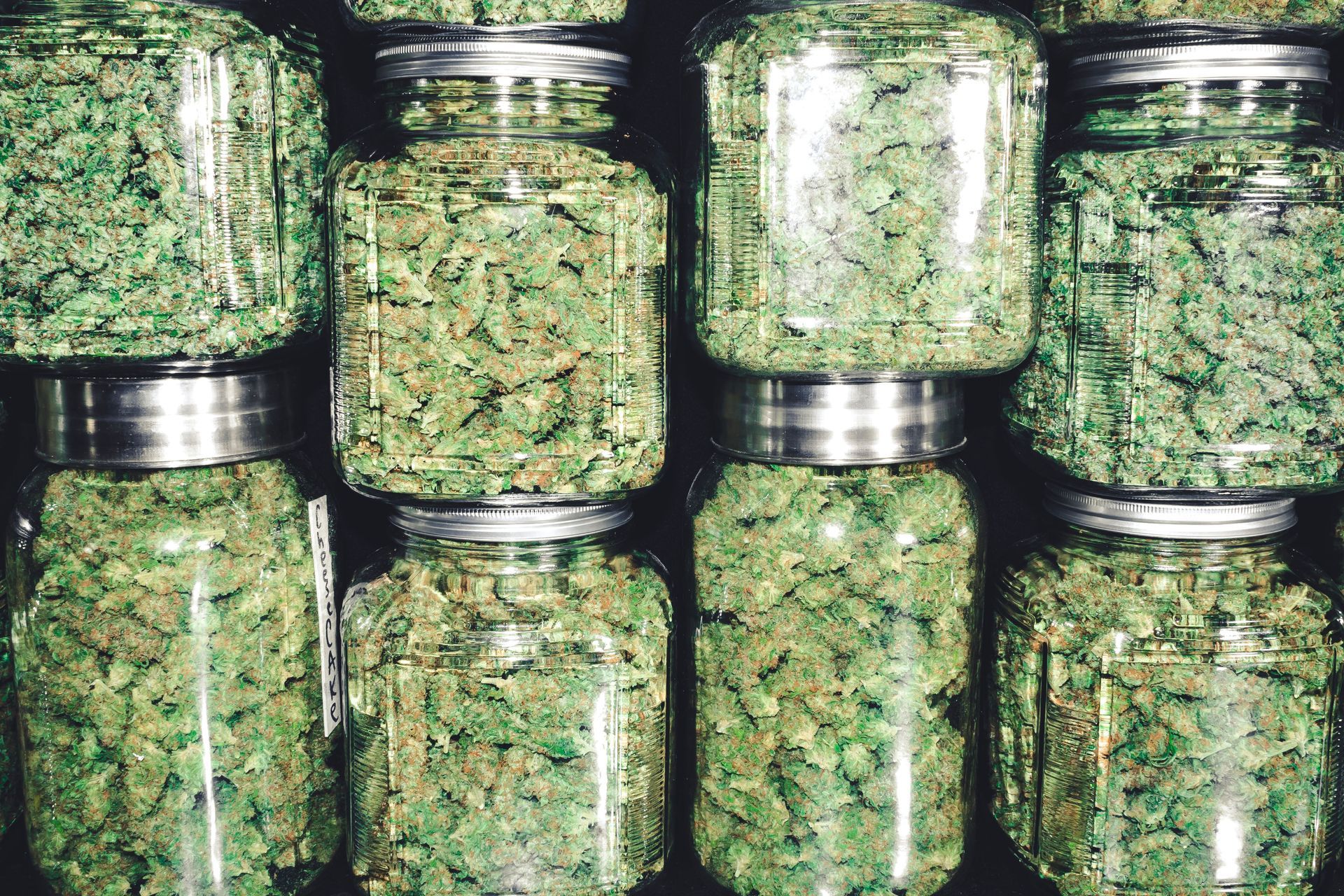
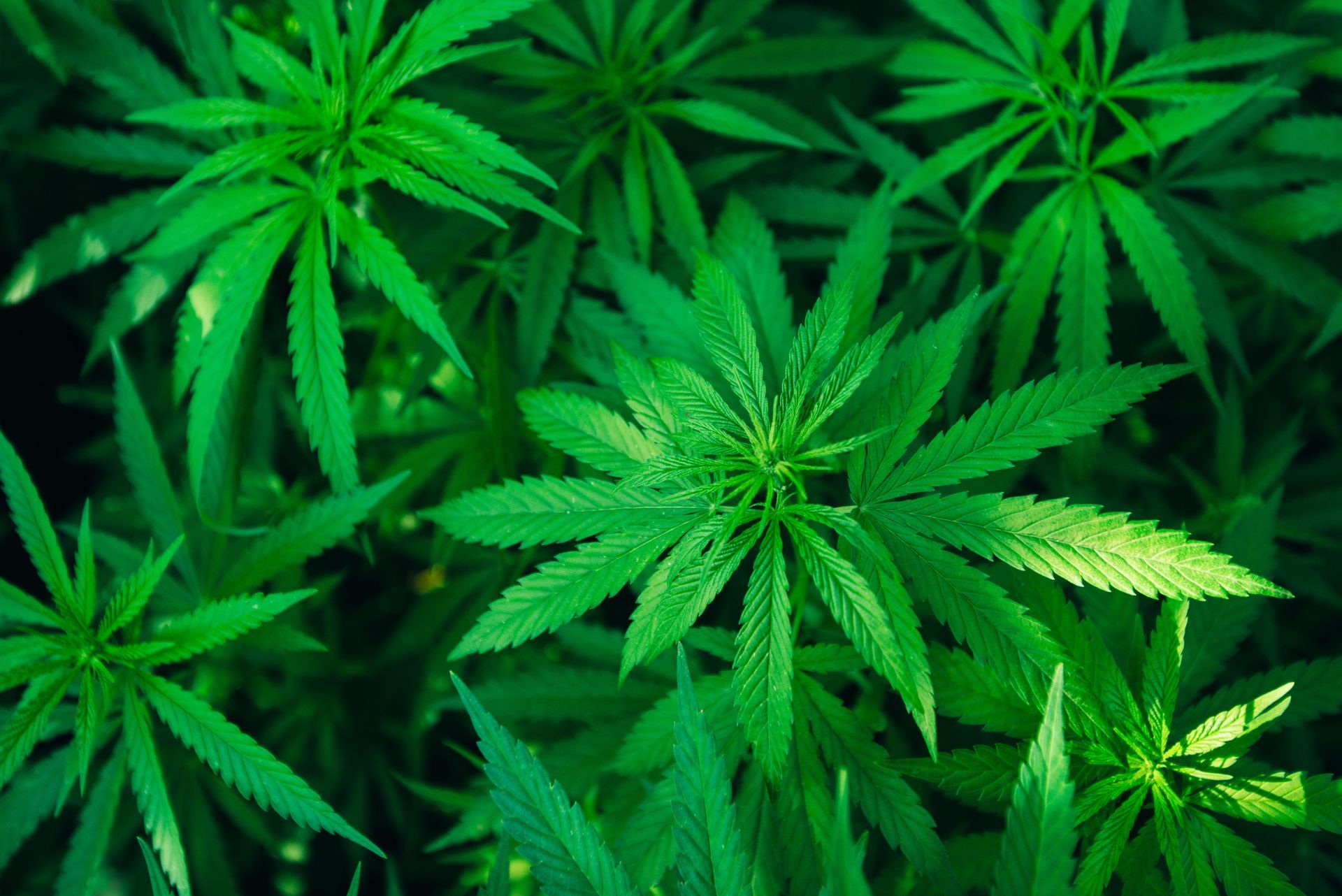
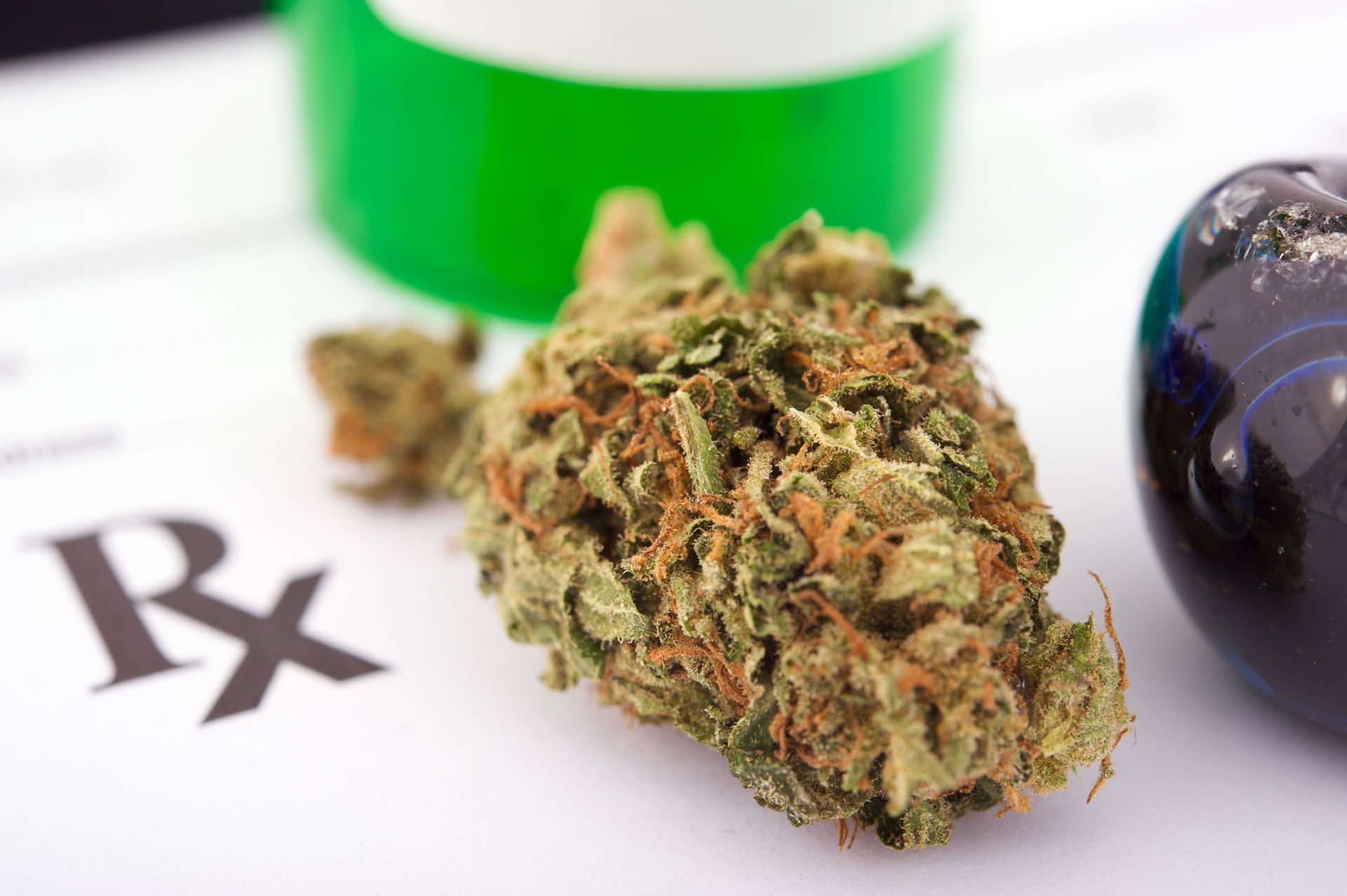




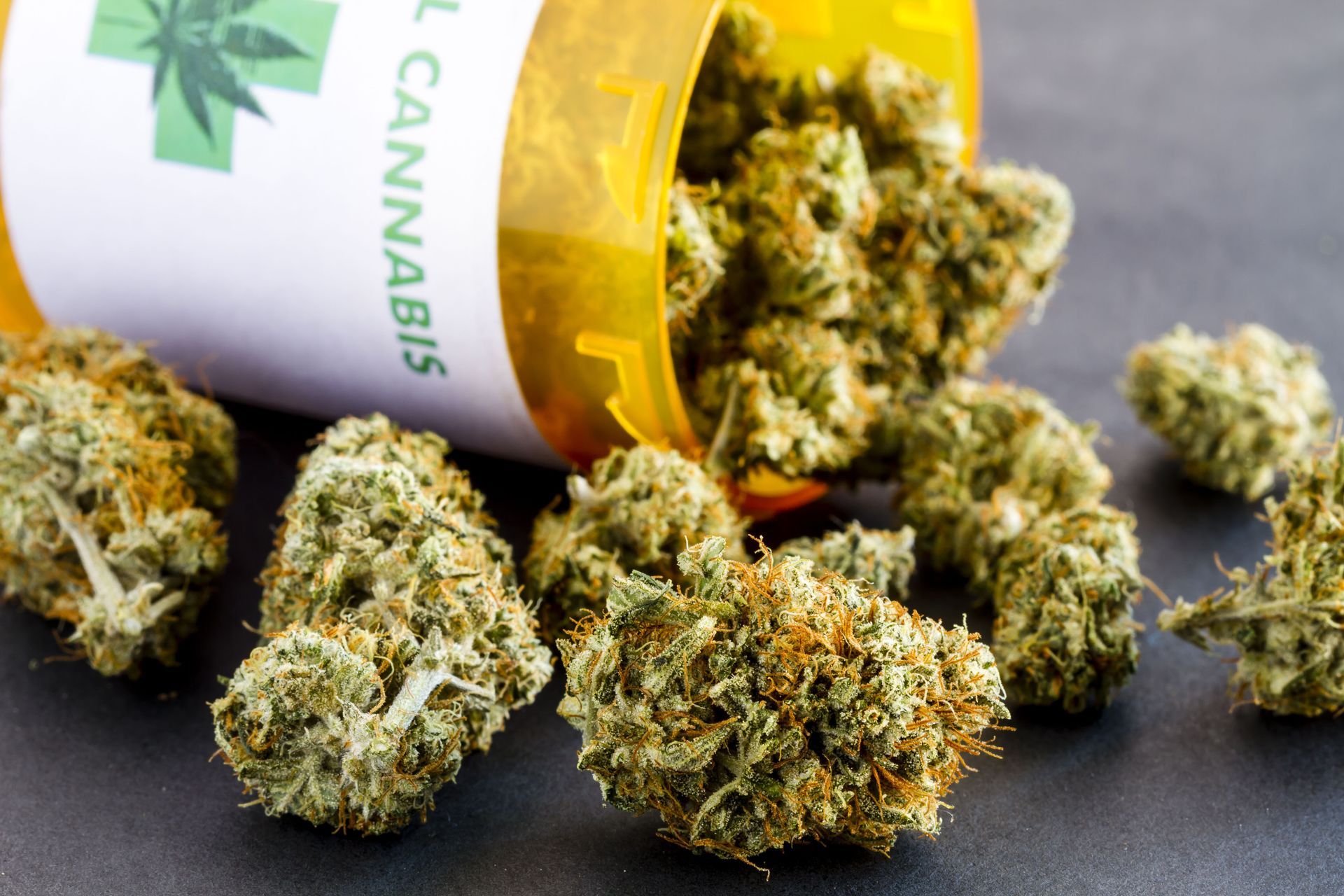
Share On: